Mental Health Awareness Week & The Advantages of Self-kindness
Life’s Challenges
This week is mental health awareness week with a focus on kindness. One of the many benefits of prioritising kindness is that it, you guessed it, promotes mental health. We are all aware of the need to be kind to others in distress. The pandemic has brought home the importance of kindness and shown how many people are responding with kindness to help family, friends, neighbours and strangers. Whilst being kind to others can, at times, come relatively easily, being kind to ourselves is often much more difficult! But self-kindness is important. It strengthens us physically and mentally. It helps us overcome challenges. Both the challenge we willingly seek out, such as applying for a new job and those that life trusts upon us such as ill health or the many difficulties that COVID 19 causes us. How we overcome both types of challenges is perhaps one measure of how well we are doing in life and self-kindness empowers us to succeed.
Self-kindness scepticism
You might be sceptical of self-kindness. It sounds self-indulgent. But this is a misunderstanding. Self-kindness is not about going soft on yourself. It is not about pandering to your every whim and staying in bed all day. It is not about lowering your ambitions, standards and expectations of yourself. In fact, self-kindness may require us at times to work more and be fierce and tough to self-protect.
What exactly is self-kindness?
Self-kindness is treating yourself as you would a loved family member or a best friend. When your best friend needs you, you listen to them, you support them and you value them unconditionally. Understood and applied correctly, self-kindness supports optimum physical and mental health, helps you to perform at your peak in high-stakes situations, improves the quality of your relationships and above all helps your take on the challenges you must take on if you are to grow and become the best that you can be.
The Evidence
These are not empty claims. Ever since psychologists Kirstin Neff1 and Chris Germer2 started to research self-kindness, and its namesake self-compassion, 20 years ago there has been growing body of research evidencing the benefits of the approach ranging from improving academic performance in university students, quicker recovery from injury for athletes and reducing traumatic stress in war veterans3 4. As a result elite universities such as Stanford and Cambridge deliver self-kindness workshops to students, the Harvard Business Review5 has published articles endorse the benefits of self-kindness and occupational psychologists run self-kindness training in workplaces6.
How self-kindness works
Self-kindness works because it gives us two powerful resources: better emotional self-regulation and psychological safety. Better emotional regulation means that in challenging situations, we are better able to reduce the impact of distressing emotions on our ability to perform. This makes self-kindness particularly valuable when faced with the challenges life throws at us. When faced with challenges, our emotional threat system is activated causing us stress, anxiety and fear. Whilst initially some fear, anxiety and stress can help, too much has a detrimental effect on our intellectual and physical performance.
Self-kindness helps by reducing activation of the emotional threat system and boosting activation of our soothing system, calming us down and therefore minimising the negative effects of excessive stress and anxiety on our thinking, behaviour and overall performance9 10. This enables to you to handle the difficult meeting with the boss, the serious illness of a family member or whatever life challenge you face with greater clarity, poise, wisdom, compassion and confidence.
For many, personal relationships can sometimes be a source of challenge. Self-kindness enables us to be less emotionally needy, more supportive of others and reduce the distress any altercations and conflict we do have. This makes us less likely to dwell on feelings of anger, resentment which lead to behaviours that undermine our relationships. Self-kindness also helps to diffuse and avoid tension in the first place. Thus, self-kindness is good for your friendships, family life and our love life too11.
Deep psychological safety
When it comes to the challenges we actively need to seek out in order to grow such as applying for new jobs, self-kindness helps us again by fostering psychological safety. You have the potential to achieve amazing things but having potential is not the same as realising it. Crossing the gap between having the potential for success and transforming that potential into the actual reality of success can be hard.
The obstacles to fulfilling our potential are either external obstacles such as insufficient time or money, or internal psycho-emotional obstacles such as insufficient confidence and fear-of-failure. Whatever the cause self-kindness makes realising our potential easier.
Self-kindness entails valuing yourself unconditionally which mean your self-esteem is not dependent on accomplishments and successes. As a result, failure does not hurt or scare so much. This is a big advantage.
Before self-kindness I, like many people, derived self-esteem from successes and positive comparisons with others. Psychologists call this contingent self-esteem. You feel great when things go well but failure can become an attack on one’s self-esteem and it hurts. The mind instinctively seeks to protect you from more of such pain. You therefore experience fear-of- failure, resist doing the things that might result in failure and succumb to procrastination and excuse-making, both tricks of the mind to protect you from pain. This makes it harder, or downright impossible to convert your potential to do great things into the reality of doing them.
By committing to self-kindness and valuing yourself unconditionally, you short-circuit the failure, drop in self-esteem, pain pathway. Of course, you will be delighted with success and disappointed when things go wrong, but your mind will not interpret failure as an assault on self-esteem. In this way self-kindness makes it safer for you to take on the really big challenges, that you must take on if you are to realise the full extent of your potential. Such challenges inevitably come with risk of failure but self-kindness emboldens you to embrace them fully.
A second benefit of the psychological safety self-kindness gives us is that we feel less compelled to conform and to do things out of a need for validation. Liberated from these constrains it becomes easier to discover and accept our individual and unique pattern of strengths and consider how we can live a life, and work in a way, that allows us to draw upon and develop the full breath of our strengths and talents. Self-kindness helps you to be more the real you in the world.
So how do we do it
To apply self-kindness, think of how you treat a best friend particularly when they are having a tough time. You listen, support and value them. Similarly, self-kindness requires you to listen to yourself in the sense of noticing your thoughts, feelings and physical sensations. By listening and tuning into yourself in the present moment with acceptance and non-judgment, referred to as mindfulness, we reduce the likelihood of getting caught up in negative thought cycles which exacerbate distress.
Supporting ourselves can be done by using encouraging and supportive phrases. The emotional centers in the brain are highly sensitive to tone of voice. It is important therefore to use a soft inner voice tone rather than a neutral or even harsh voice tone, which many of us tend to use when talking and thinking to ourselves. In addition to doing this silently we can externalise it by writing a self-kindness text message, email or letter from the perspective of kind friend. These techniques may seem silly but for the client who sent himself a supportive message prior to a job interview it soothed his nerves (and he got the job) and for the client who wrote a long letter to himself after a relationship breakup it helped greatly too. Supporting ourselves can also involve concrete actions such as giving ourselves reasonable breaks during a long workday, making time to exercise and making an effort to eat and sleep well.
Finally, self-kindness involves reminding ourselves to value ourselves unconditionally. This means we do not allow our sense of self-worth to be determined by outcomes and other people’s evaluation of us. This makes failure and the threat of negative evaluation far less threatening which paradoxically make us better able to achieve and succeed.
By adopting self-kindness we not only help ourselves but in a small way we may help change the world. Self-kindness makes it easier to acknowledge and accept our vulnerabilities, the fragility of our human life and the inevitable suffering in life. This makes it easier to see vulnerability in others and understand that our vulnerability is shared and a defining feature of our common humanity. At an individual level connecting with others through a sense of shared vulnerability facilitates high-quality relationships. At a collective level if we can scale our ability to connect through a sense of shared vulnerability to all in society and across the world regardless of differences, we create the conditions where kindness and compassion can become a more dominant motive in how our global society operates. In this way self-kindness helps us act upon the call to be the change we wish to see in the world.
References
1 Neff, K. (2011) Self-compassion: New York HarperCollins
2 Germer, C. (2009) The Mindfulness Path to Self-compassion: New York: Guildford Press
3 Dahm, K. A., Meyer, E. C., Neff, K. D., Kimbrel, N. A., Gulliver, S. B., & Morissette, S. B. (2015). Mindfulness, selfâ€compassion, posttraumatic stress disorder symptoms, and functional disability in US Iraq and Afghanistan war veterans. Journal of Traumatic Stress, 28(5), 460-464.
4 Barnard, L. K., & Curry, J. F. (2011). Self-compassion: Conceptualizations, correlates, & interventions. Review of general psychology, 15(4), 289-303.
5 Germer. C (2017) To Recover from Failure, Try Some Self-Compassion: https://hbr.org/2017/01/to-recover-from-failure-try-some-self-compassion
6 Super, A., (2019) Exploring the Development of Self-Compassion in the Workplace. Professional Doctorate in Occupational and Business Psychology Thesis, Kingston University Super, A., Yarker, J., and Lewis, R. (in preparation) Developing self-compassion in healthcare professionals utilising a brief online intervention: A randomised waitlist control trial.
7 Salehi, B., Cordero, M. I., & Sandi, C. (2010). Learning under stress: the inverted-U-shape function revisited. Learning & memory, 17(10), 522-530.
8 Sapolsky, R. M. (2015). Stress and the brain: individual variability and the inverted-U. Nature neuroscience, 18(10), 1344.
9 Allen, A. B., & Leary, M. R. (2010). Selfâ€Compassion, stress, and coping. Social and personality psychology compass, 4(2), 107-118.
10 Barczak, N., & Eklund, R. C. (2020). The moderating effect of self-compassion on relationships between performance and subsequent coping and motivation. International Journal of Sport and Exercise Psychology, 18(2), 256-268.
11 Jacobson, E. H. K., Wilson, K. G., Kurz, A. S., & Kellum, K. K. (2018). Examining self-compassion in romantic relationships. Journal of Contextual Behavioral Science, 8, 69-73.



